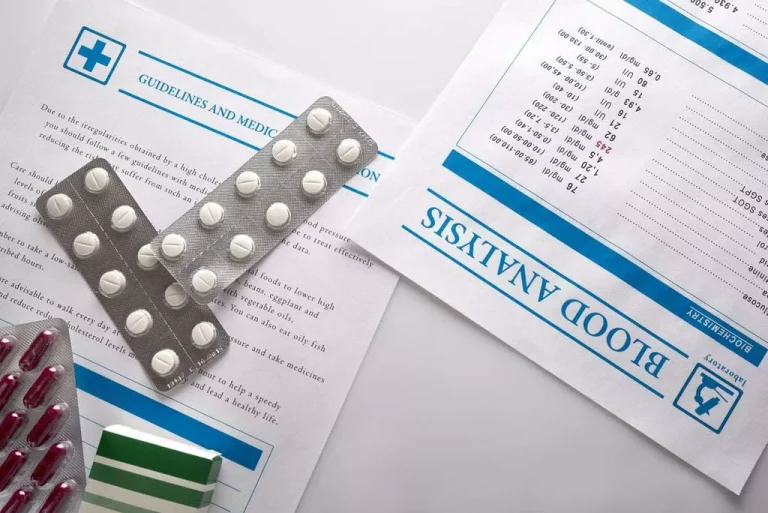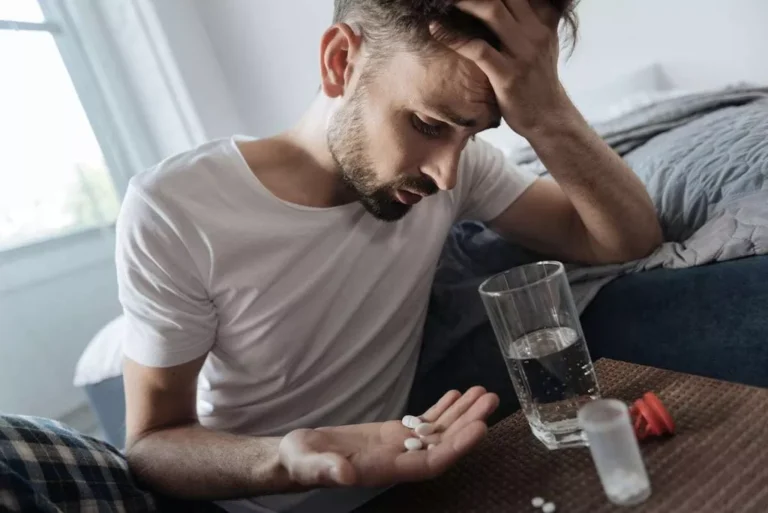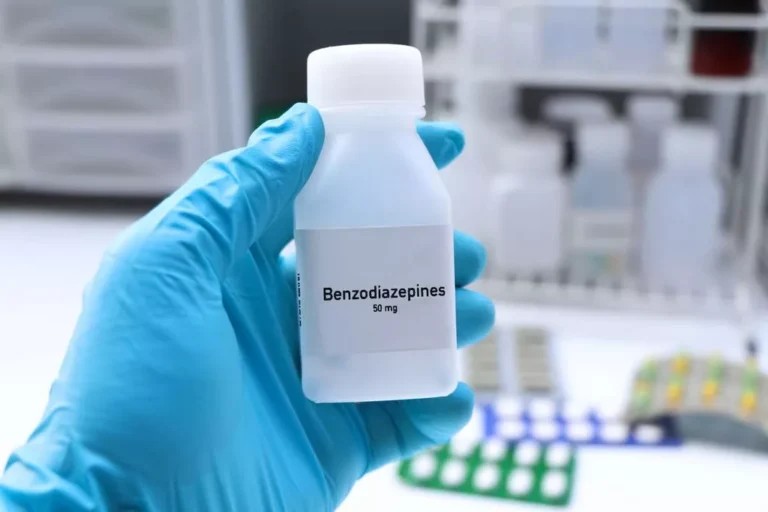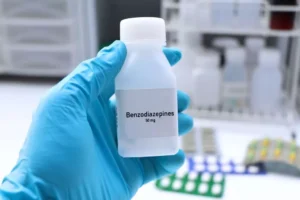
For every drink you have, you urinate as much as 50% to 100% more water, and this water is taken from other parts of the body. Some people never notice feelings of depression — or any negative effects at all — after drinking moderately. Others might begin feeling depressed or anxious after just one drink. Preventing hangxiety requires a level of insight into your own emotions. If you have anxiety or depression, drinking can exacerbate that.
Hangxiety: Why Drinking Alcohol Can Make You Feel Anxious and How to Deal With It
Alcohol hallucinosis is another prevalent form can anxiety make you feel drunk of psychosis that is induced by alcohol. It manifests with vivid hallucinations, fear, and delusions to do with people with intent to kill or harm in other ways. Dizziness can lead to other health concerns called complications.
Way Day ends tonight! Shop the 80 best deals you can still shop today
They can help you safely lower the dose or switch to another treatment. If you have diabetes and often experience low blood sugar, you might need to adjust your medication by speaking with your doctor. Or you could eat smaller, more frequent meals throughout the day. In addition to feeling uncomfortable, untreated dizziness and fatigue can cause a fall or increase your risk of getting into an accident while driving. ‘Alcohol also temporarily boosts mood by increasing serotonin and dopamine, but their levels drop after drinking which may contribute to “hangxiety”’. Professor Nutt explains that the quicker you feel drunk, the more intense the withdrawal can be felt — which is why he notes prosecco as one of the worst anxiety causing drinks.

Loss of balance or unsteadiness
Therapy can help individuals struggling with depression, anxiety, binge drinking, and alcohol misuse. The physiological changes that alcohol triggers in your body can result in symptoms that are like a panic attack. When the body feels physical stress it also tends to feel mental stress because the physical symptoms are interpreted by the brain as stress and worry. While we can do our best to avoid waking Substance abuse up with hangover symptoms the night after drinking, sometimes it happens. If that’s the case, and you’re dealing with feelings of anxiety, there are things you can do to relieve the symptoms. This hyperactivity can lead to shaking, light/sound sensitivity, and sleep deprivation.


Experts at Abbeycare rehab say that even a bottle of wine every day can also disrupt sleep patterns, leading to further feelings of restlessness and unease. If you suffer from panic attacks, cut right down on your alcohol consumption, if you drink. The more you drink the greater your tolerance for alcohol – meaning you need to drink more alcohol to get the same feeling. If you rely on alcohol to mask anxiety, you may find you become reliant on it to relax – putting you at risk of alcohol dependence. In fact, if you’re experiencing anxiety, drinking alcohol could be making things worse.
When should you worry about dizziness?
- Due to chemical reactions in your brain when you drink, alcohol can cause anxiety, especially after drinking.
- There is a significant overlap between anxiety, alcohol misuse, and alcohol use disorder.
- This increase can lead to a drop in your blood sugar (glucose) levels, and when this is too low it is known as hypoglycaemia.
- Even if they don’t improve immediately, you’ll probably have an easier time doing something about them when you don’t have to deal with physical symptoms, too.
- If you have a history of anxiety or other mental health issues, you may be more prone to hangxiety.
- The pressure after the occasional beer or glass of wine can be manageable, but sometimes-serious anxiety attacks after nights of heavy drinking can affect your quality of life.
In particular, she’s committed to helping decrease stigma around mental health issues. It can get worse over time, especially when combined with regular or heavy alcohol use. A glass of water and a light snack can help you avoid a bad hangover. If you begin to notice any unwanted side effects — physical or emotional — while drinking, it may be best to call it a night. Taking some time for productive relaxation can also help ease feelings of depression. Spending time in nature can also have health benefits, including improving your mood.

Leave A Comment